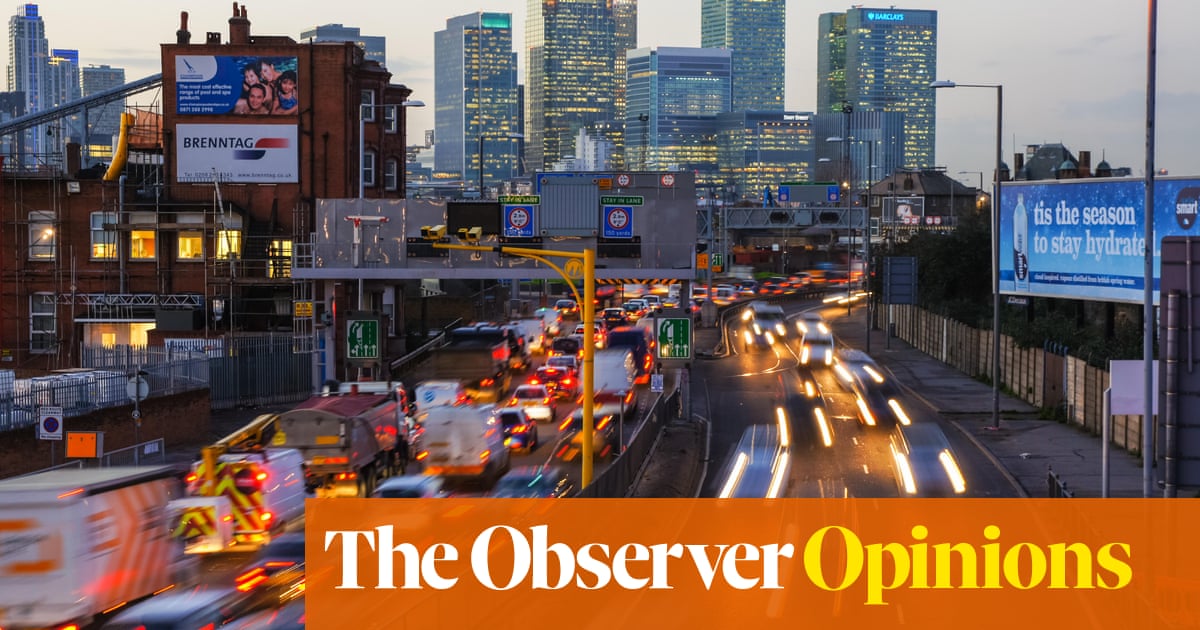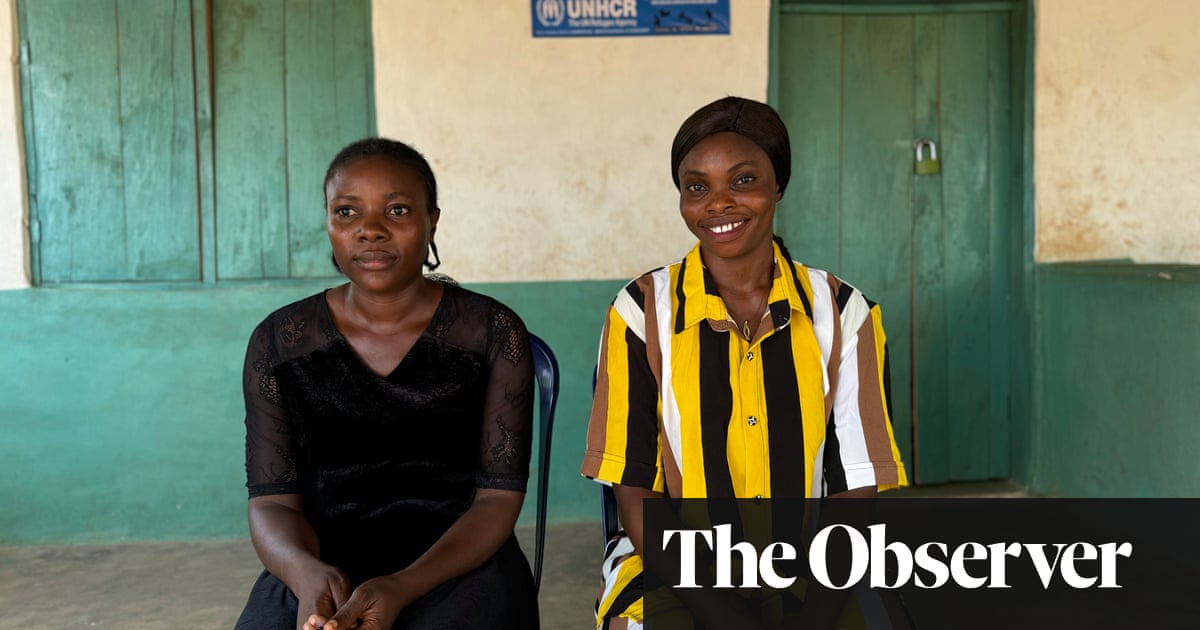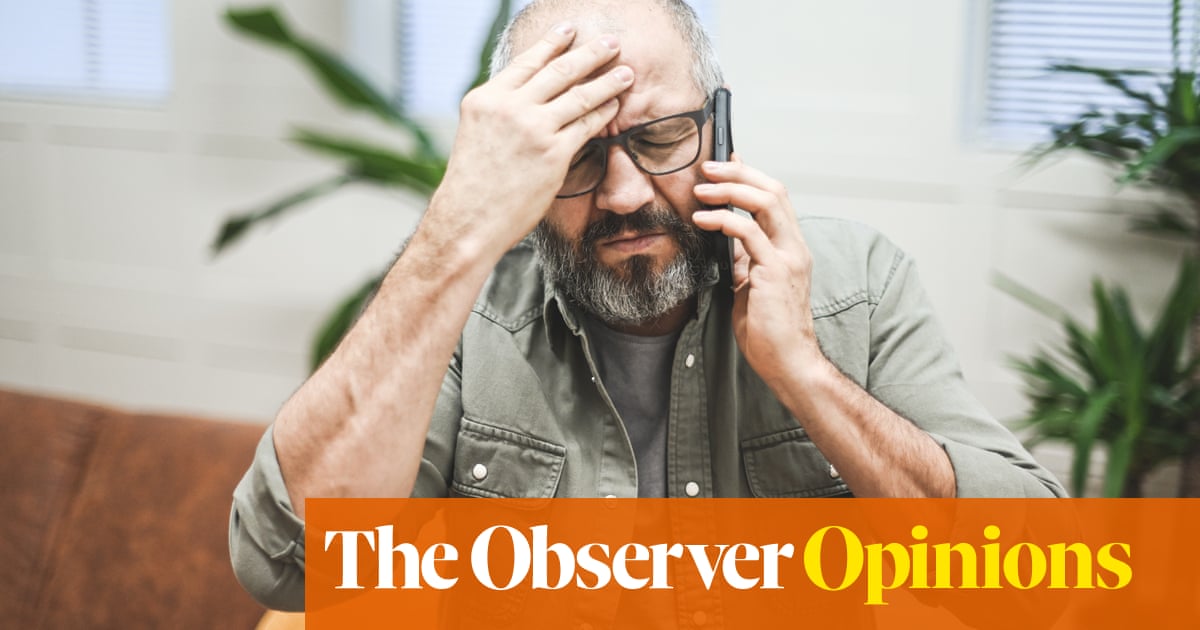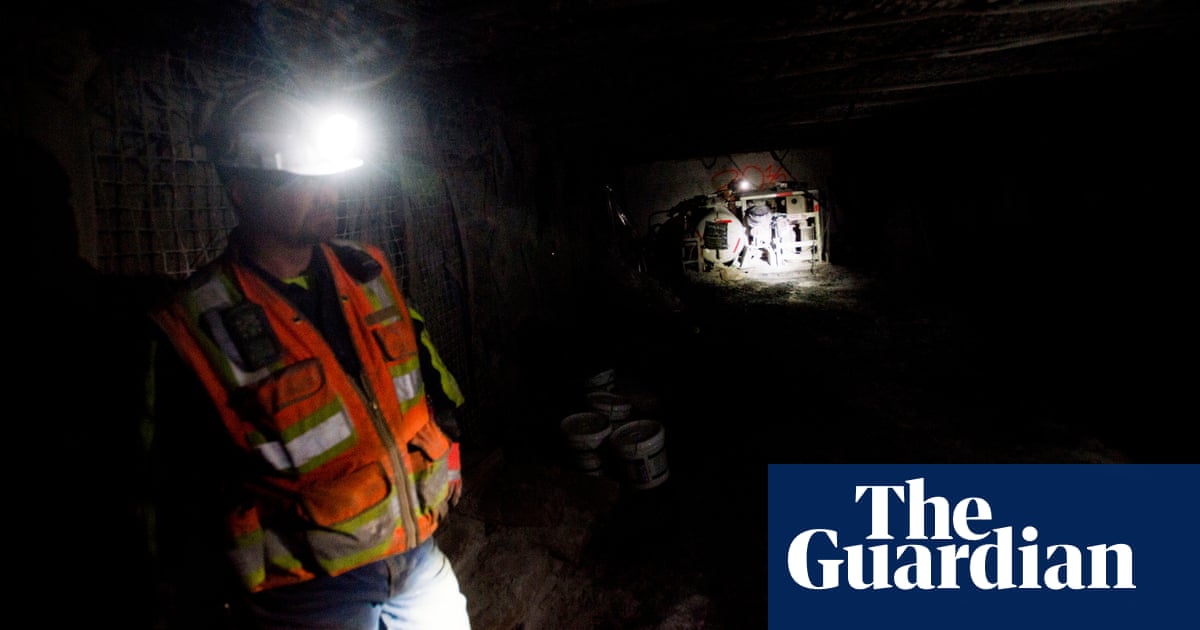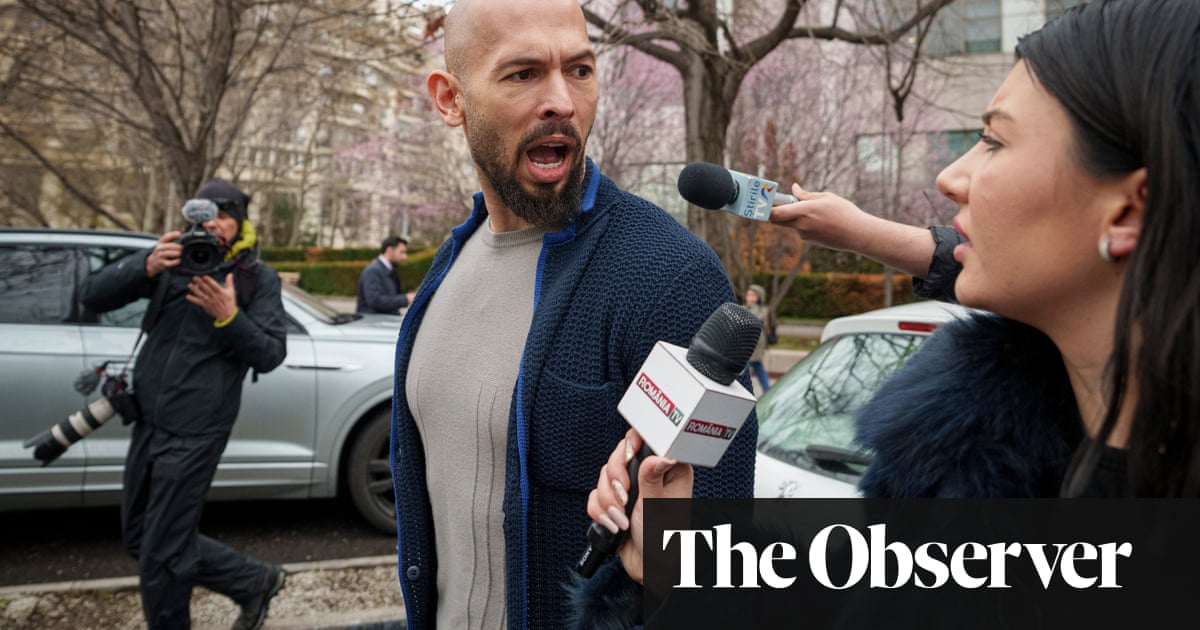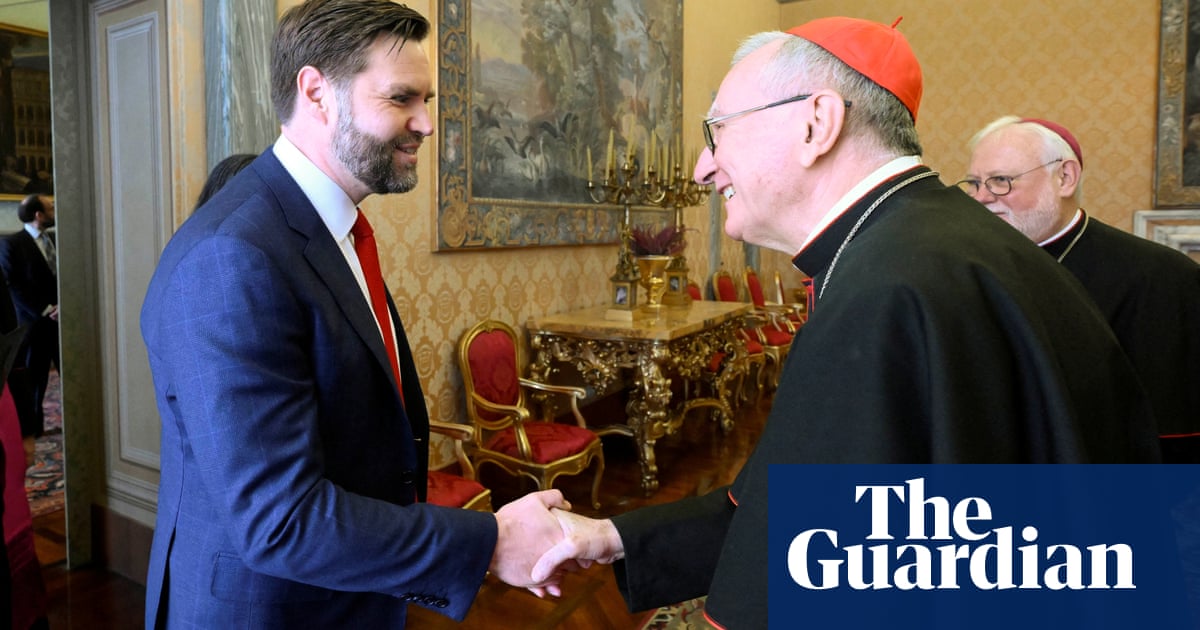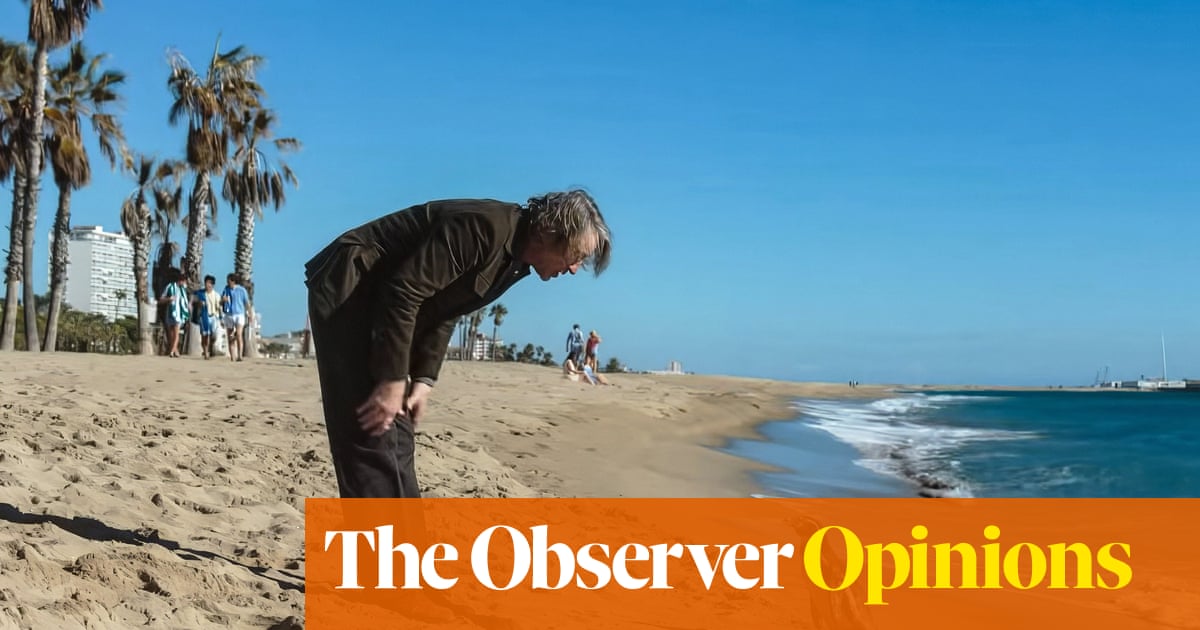Morning opening: Tariffs? Doing very well, thank you.

Jakub Krupa
US president Donald Trump continues to rewrite the rules of global trade, as his sweeping tariffs take effect.
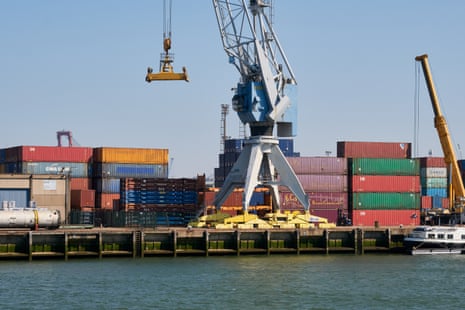
Rates on imports to the United States from dozens of economies rose further from 12.01am (0401 GMT) on Wednesday, with tariffs imposed on Chinese products since Trump returned to the White House reaching a staggering 104%. The new tariffs include rates of 20% on the European Union, 26% on India and 49% on Cambodia.
Overnight, he appeared to show no signs of doubt or remorse, insisting “the tariffs, you’ve been hearing about tariffs – we’re taking in almost $2bn a day in tariffs, … and we’re doing very well.”
Using rather fruity language, he went on to tell his audience:
I think we’re going to do much better and just remember the numbers when you get up to $2bn a day, $2bn a day, they say sir, it can’t be that can it, I said, yeah, it can. It’s the biggest -- the biggest transaction ever made.
This is bigger than any deal you guys, some of you work for companies. Your companies are peanuts, I don’t care how big they are compared. This is the largest transaction in the history of our country.
And don’t let some of these politicians go around saying, you know, because I’m telling you these countries are calling us up kissing my ass. They are -- they are dying to make a deal.
If that wasn’t enough, Trump also signalled more “major” tariffs to be announced “very shortly”, specifically targeting pharmaceuticals.
The US president made it clear in the past that he had a particular gripe on this with Ireland, so let’s see if it’s a fortunate or unfortunate coincidence that Ireland’s deputy prime minister, foreign and trade minister Simon Harris is meeting with the US secretary of commerce Howard Lutnick today.
This side of the Atlantic, we will see the EU finalise the first part of its response, with retaliatory tariffs against Trump’s original measures on steel and aluminium.
EU member states will vote on the final list on Wednesday, which targets €21bn of goods, down from €26bn originally foreseen, after talks with the EU’s 27 member states and many industry bodies. The list of potential targets facing mostly 25% retaliatory tariffs now ranges from almonds to yachts, via diamonds and dental floss, soya beans and steel parts. But bourbon and wine have been dropped.
It promises to be a yet another turbulent day for Europe, and if you want to keep an eye on the markets, you can also follow our business live blog in parallel here:
Elsewhere, I will be keeping an eye on:
-
Closing stages in German coalition talks, expected to be wrapped up today – potentially as early as midday – after late night talks and an early restart this morning;
-
Nato secretary general Mark Rutte’s visit to Japan where he is due to speak alongside the country’s prime minister Shigeru Ishiba;
-
French president Emmanuel Macron’s talks with embattled Serbian president Aleksander Vučić who continues to face mass protests led by student movements over alleged corruption;
-
Ukrainian prime minister Denys Shmyhal’s visit to Brussels for a meeting of the EU-Ukraine Association Council and talks with leading bloc leaders;
-
and Italian prime minister Giorgia Meloni welcoming the British royals as they continue their formal visit to Italy.
It’s Wednesday, 9 April 2025, it’s Jakub Krupa here, and this is Europe Live.
Good morning.
Key events Show key events only Please turn on JavaScript to use this feature
Romania 'has not received any official information' on US plans to withdraw troops, defence ministry says
If you followed the blog yesterday, you know I focused a lot on growing concerns and speculations about up to 10,000 US troops being potentially withdrawn from central and eastern Europe as part of a broader review of US military presence in Europe.

Romania, which would be one of the countries most affected, just got back to me on the speculations, with the country’s defence ministry insisting it “has not received any official information in this regard from the US.”
It said there are approx. 1,700 US troops in the country at the moment, and stressed it’s committed €2.5bn in the modernisation and expansion of the 57th airbase in Mihail Kogălniceanu, used by the Americans.
“Romania has been one of the first allied countries to raise its defence budget above 2% of GDP, constantly exceeding the commitment to invest a minimum of 20% in modern technology, which demonstrates our firm position to undertake increasingly important security responsibilities,” it added.
Morning opening: Tariffs? Doing very well, thank you.

Jakub Krupa
US president Donald Trump continues to rewrite the rules of global trade, as his sweeping tariffs take effect.

Rates on imports to the United States from dozens of economies rose further from 12.01am (0401 GMT) on Wednesday, with tariffs imposed on Chinese products since Trump returned to the White House reaching a staggering 104%. The new tariffs include rates of 20% on the European Union, 26% on India and 49% on Cambodia.
Overnight, he appeared to show no signs of doubt or remorse, insisting “the tariffs, you’ve been hearing about tariffs – we’re taking in almost $2bn a day in tariffs, … and we’re doing very well.”
Using rather fruity language, he went on to tell his audience:
I think we’re going to do much better and just remember the numbers when you get up to $2bn a day, $2bn a day, they say sir, it can’t be that can it, I said, yeah, it can. It’s the biggest -- the biggest transaction ever made.
This is bigger than any deal you guys, some of you work for companies. Your companies are peanuts, I don’t care how big they are compared. This is the largest transaction in the history of our country.
And don’t let some of these politicians go around saying, you know, because I’m telling you these countries are calling us up kissing my ass. They are -- they are dying to make a deal.
If that wasn’t enough, Trump also signalled more “major” tariffs to be announced “very shortly”, specifically targeting pharmaceuticals.
The US president made it clear in the past that he had a particular gripe on this with Ireland, so let’s see if it’s a fortunate or unfortunate coincidence that Ireland’s deputy prime minister, foreign and trade minister Simon Harris is meeting with the US secretary of commerce Howard Lutnick today.
This side of the Atlantic, we will see the EU finalise the first part of its response, with retaliatory tariffs against Trump’s original measures on steel and aluminium.
EU member states will vote on the final list on Wednesday, which targets €21bn of goods, down from €26bn originally foreseen, after talks with the EU’s 27 member states and many industry bodies. The list of potential targets facing mostly 25% retaliatory tariffs now ranges from almonds to yachts, via diamonds and dental floss, soya beans and steel parts. But bourbon and wine have been dropped.
It promises to be a yet another turbulent day for Europe, and if you want to keep an eye on the markets, you can also follow our business live blog in parallel here:
Elsewhere, I will be keeping an eye on:
-
Closing stages in German coalition talks, expected to be wrapped up today – potentially as early as midday – after late night talks and an early restart this morning;
-
Nato secretary general Mark Rutte’s visit to Japan where he is due to speak alongside the country’s prime minister Shigeru Ishiba;
-
French president Emmanuel Macron’s talks with embattled Serbian president Aleksander Vučić who continues to face mass protests led by student movements over alleged corruption;
-
Ukrainian prime minister Denys Shmyhal’s visit to Brussels for a meeting of the EU-Ukraine Association Council and talks with leading bloc leaders;
-
and Italian prime minister Giorgia Meloni welcoming the British royals as they continue their formal visit to Italy.
It’s Wednesday, 9 April 2025, it’s Jakub Krupa here, and this is Europe Live.
Good morning.

 1 week ago
12
1 week ago
12





